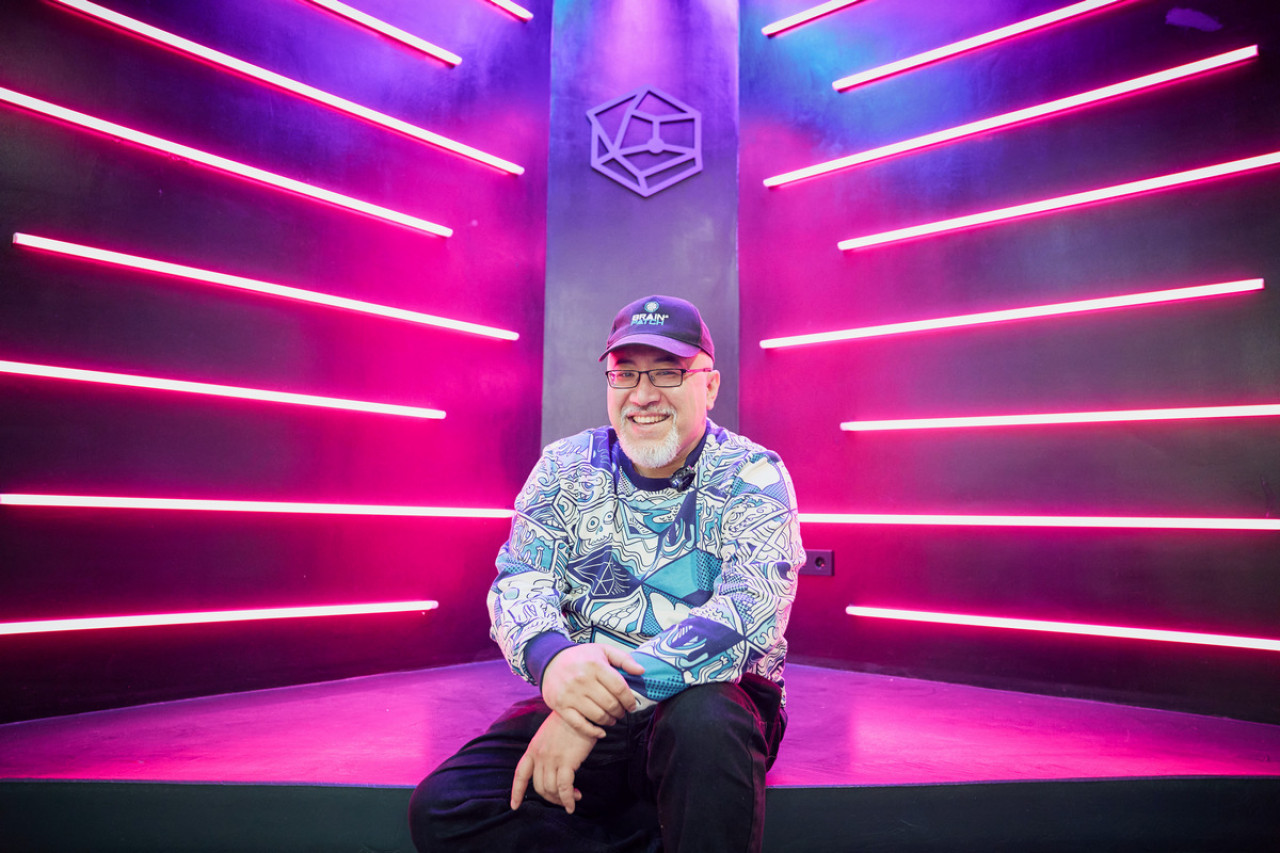“We are building a multi-billion-dollar company”: How an entrepreneur from Almaty launched a neurotech startup in London.
Dauren Toleukhanov – a native of Almaty. Back in his school years, he decided that he would become a diplomat. To fulfill his dream, he enrolled in the “International Law” faculty at KAZGUU and later went to London under the “Bolashak” program. Over the next 10 years, he managed to work at the Ministry of Foreign Affairs, the Embassy of Kazakhstan in the UK, and in the Ministry of Trade structures. But at one point, he decided to leave the civil service and the quasi-government sector for his own neurotech startup, Brain Patch—a headset that helps combat work burnout and reduce stress.
In an interview with Digital Business, Dauren shared what he did in the public service, how he helped Kazakh students abroad, and why he decided to switch to business. We also learned how the Brain Patch headphones work, what “digital alcohol” is, and which Kazakh entrepreneurs, in Dauren’s opinion, have the best chances of creating a globally recognized product.
“In 3rd grade, I decided I wanted to become the Minister of Foreign Affairs.”
– How did you become a diplomat?
– When I was in elementary school, I decided I wanted to become the Minister of Foreign Affairs. After school, I entered the “International Law” faculty at the M.S. Narikbayev KAZGUU University, which was then located in Almaty. Later, I became a participant in the “Bolashak” program and continued my studies in London.
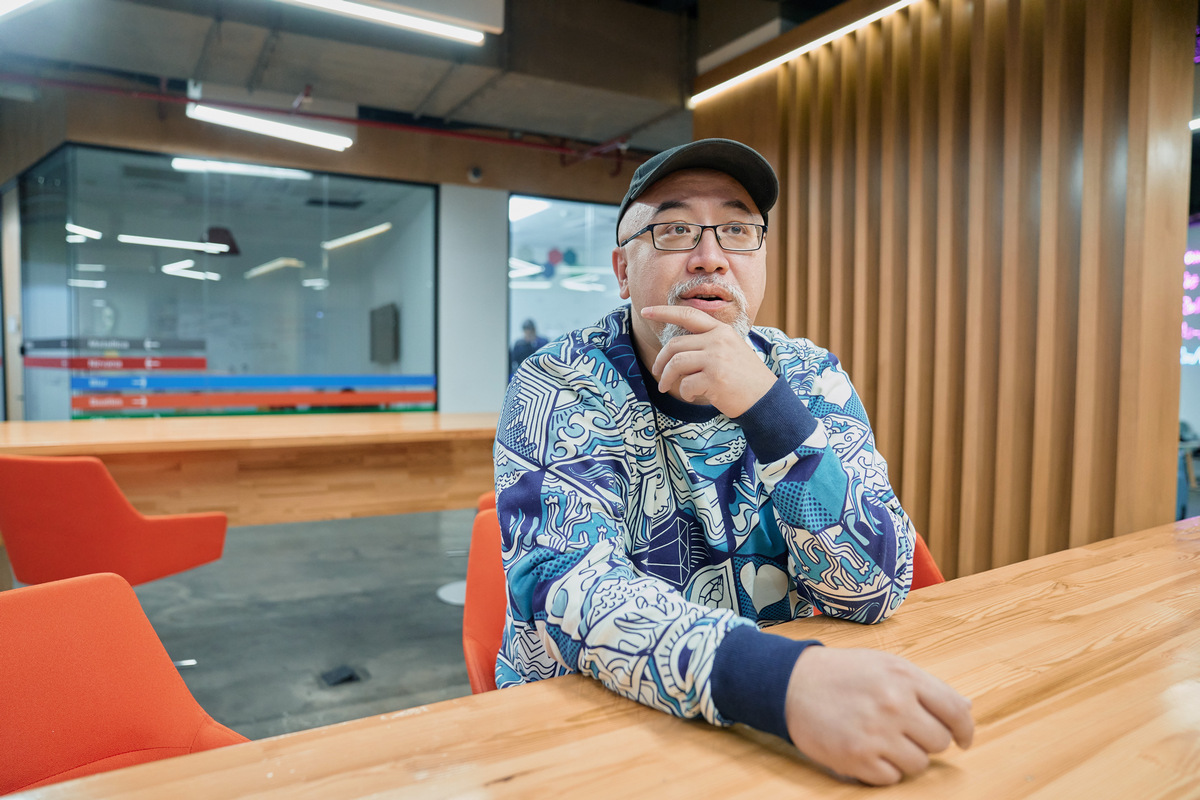
After completing my studies, I was assigned to the Ministry of Foreign Affairs. Initially, I joined the Americas Department, and then I returned to London and began working at the Embassy of Kazakhstan. In addition to the UK, we also oversaw Ireland and all the Scandinavian countries.
– What was your role at the embassy?
– I was the assistant to the ambassador and also the attaché for cultural and educational affairs. At that time, the Kazakhstan-British Technical University was just being established, and the embassy played an active role in launching the institution. I worked there for a total of six years, during which I completed my studies at the London Diplomatic Academy and advanced to the position of First Secretary of the Political Department.
– How did your career progress after that?
– I returned to the Ministry of Foreign Affairs and worked in various positions. While serving as an advisor to the Minister of Foreign Affairs, I received an offer from one of the structures within the Ministry of Trade of Kazakhstan, specifically the Trade Policy Development Center, where many “Bolashak” graduates worked. Afterward, I transitioned to working in the Prime Minister’s Office, handling issues related to the economy, trade, agriculture, emergency situations, and the space industry. I was also a member of the board of directors for several state-owned companies.
Then, I was invited to join Samruk-Kazyna JSC as the Managing Director for International Affairs. That’s how I transitioned to the quasi-government sector. A year later, the company decided to open a representative office in London to focus on Western countries. Since I knew the region well, I proposed my candidacy, and it was approved. I initially thought I would be there for just a year, but I ended up staying for four.
– Altogether, you’ve lived in the UK for over 10 years. What do we have in common, and how are we different?
– I’ll start with what we have in common. In the UK, you can meet people from any part of the world, just like in Kazakhstan, because we are also a multiethnic country.
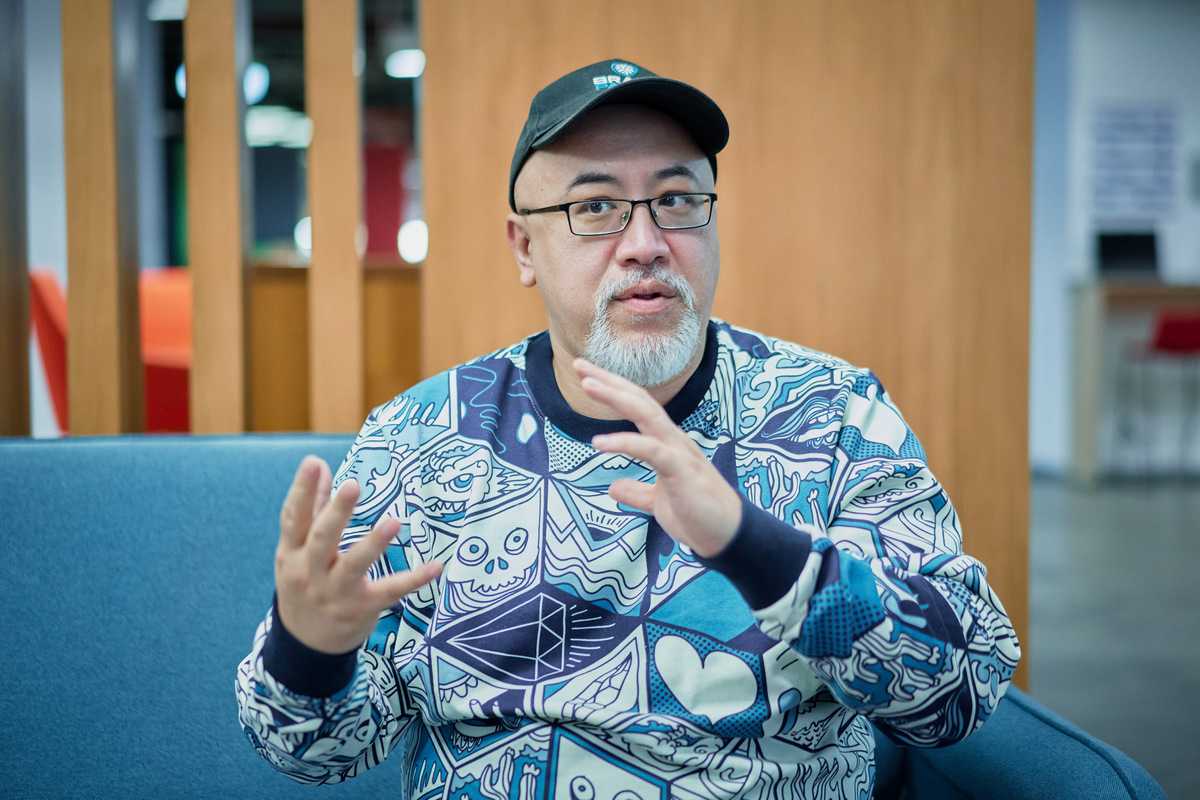
We differ in our attitude toward time. The English always plan everything in advance, while we are more spontaneous. If you want to arrange a meeting in the UK, most often you’ll hear, “Let me check my schedule,” and they’ll find a free slot about a month later. It’s almost impossible to meet today or tomorrow in a business setting.
– What do you do if it’s urgent?
– The main thing is not to disrupt someone’s plans. You can politely ask if they could find an earlier slot, perhaps if another meeting gets canceled. Most of the time, a free spot does open up.
– You’ve been referred to as a film producer online. Can you tell us about that experience?
– Actually, that’s not quite accurate. As a graduate of the “Bolashak” program, I felt a certain responsibility to contribute to the development of our country. So, I helped student filmmakers from Kazakhstan who were studying abroad with the production of their diploma projects. One of these short films was even shown at the Cannes Film Festival. I also wrote scripts, although none of them have been made into full-length films yet.
“I suggested to my co-founder that we create a company that would one day buy out Neuralink.”
– When did the idea for Brain Patch come about?
– While working at the embassy, I had many interactions with students from Kazakhstan and other countries. A friend introduced me to her younger brother, Nikolai Vysokov, who was then in high school in the UK. He told me he wanted to become a neurobiologist and “grow artificial intelligence in a petri dish from human neurons.” Twenty years ago, that sounded like something out of science fiction.
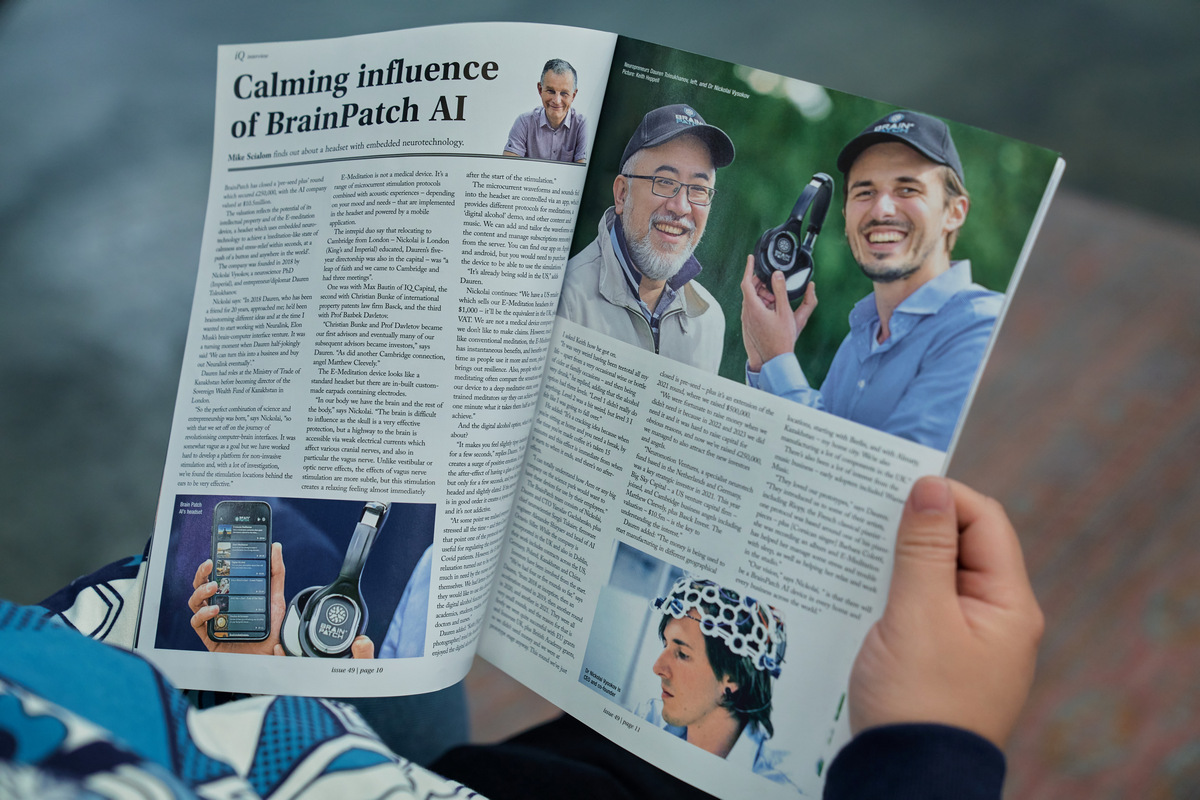
We became friends, and I watched Nikolai’s progress from the sidelines: he completed his undergraduate degree, earned his master’s, and then became a Doctor of Neurobiological Sciences. The idea for our own project came about by chance. In 2018, Nikolai told me that he would like to work at Elon Musk’s Neuralink. Almost jokingly, I suggested, “Why don’t we start our own startup, and later, we’ll buy out Neuralink?”
However, that question led to the idea of creating our own startup. Shortly before that conversation, I had left my position at the Samruk-Kazyna representative office due to family circumstances. I was thinking about what to do next.
– Why did you decide to create your own project instead of continuing your diplomatic career?
– I didn’t consider the situation in terms of risk. I made the decision because I had confidence in my co-founder. I knew that Nikolai was the kind of person who, if needed, would be in the lab on a Sunday conducting experiments and would see things through to the end.
By the way, I don’t think I’ve drastically changed my life’s path. The essence of diplomacy is reaching an agreement with another person and doing something together, which is very similar to business.
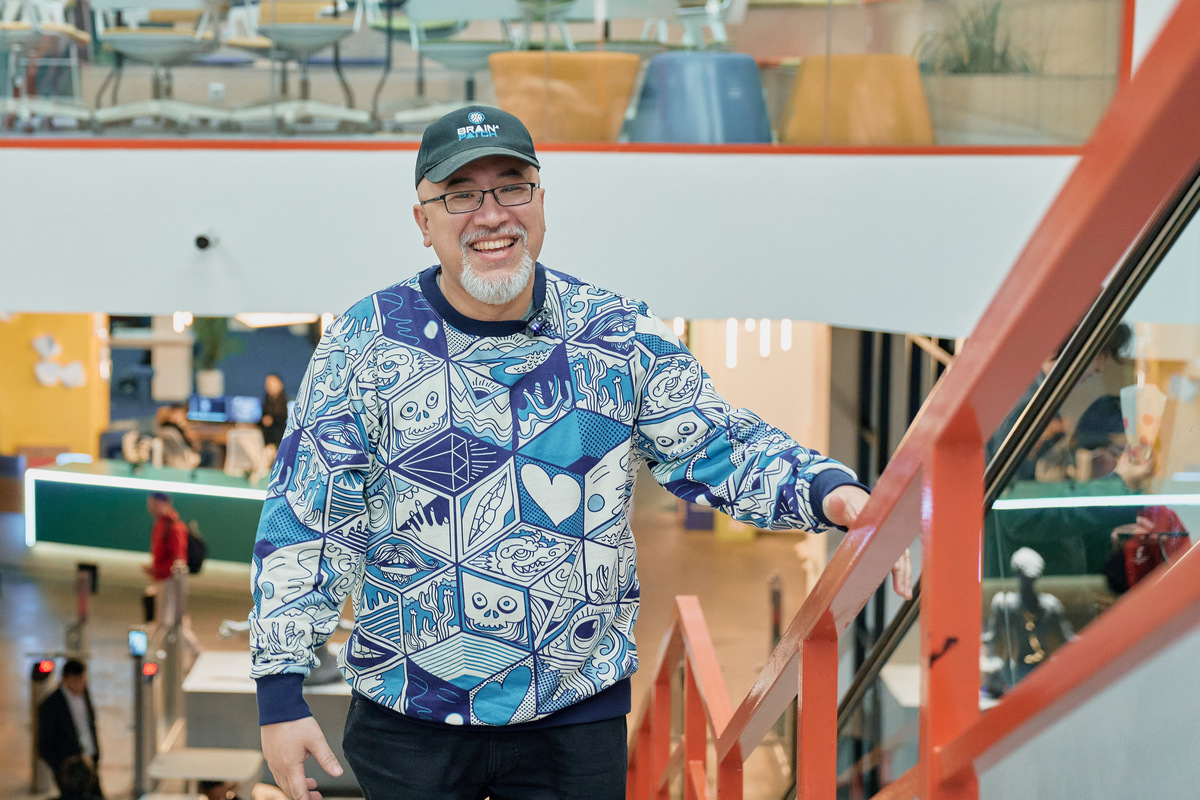
– How did you start working on the project?
– At first, we didn’t fully understand what exactly we were planning to do. We decided to focus on non-invasive brain stimulation (not involving penetration through the body’s natural external barriers – Digital Business note). Many people are wary of having various computer implants embedded into their bodies, so technologies requiring surgical intervention could significantly slow down the project’s development. Plus, there were already some pretty ambitious projects in the market, such as Neuralink.
– How did you find your niche? Tell us more about Brain Patch.
– Nikolai had worked in academia for a long time and was accustomed to certain behavioral patterns. When we started developing the startup, we began to stress more due to the unpredictability of the business environment. We were lucky that, at the time, he was conducting experiments. During one of them, he discovered that non-invasive stimulation of a certain area behind the ears helps to relax. Thus, a problem became a source of inspiration, and we created neuro-headphones to prevent burnout. Despite the strong scientific evidence supporting it, we don’t market the Brain Patch device as a medical instrument. For now, it’s a gadget for “electronic meditation.”
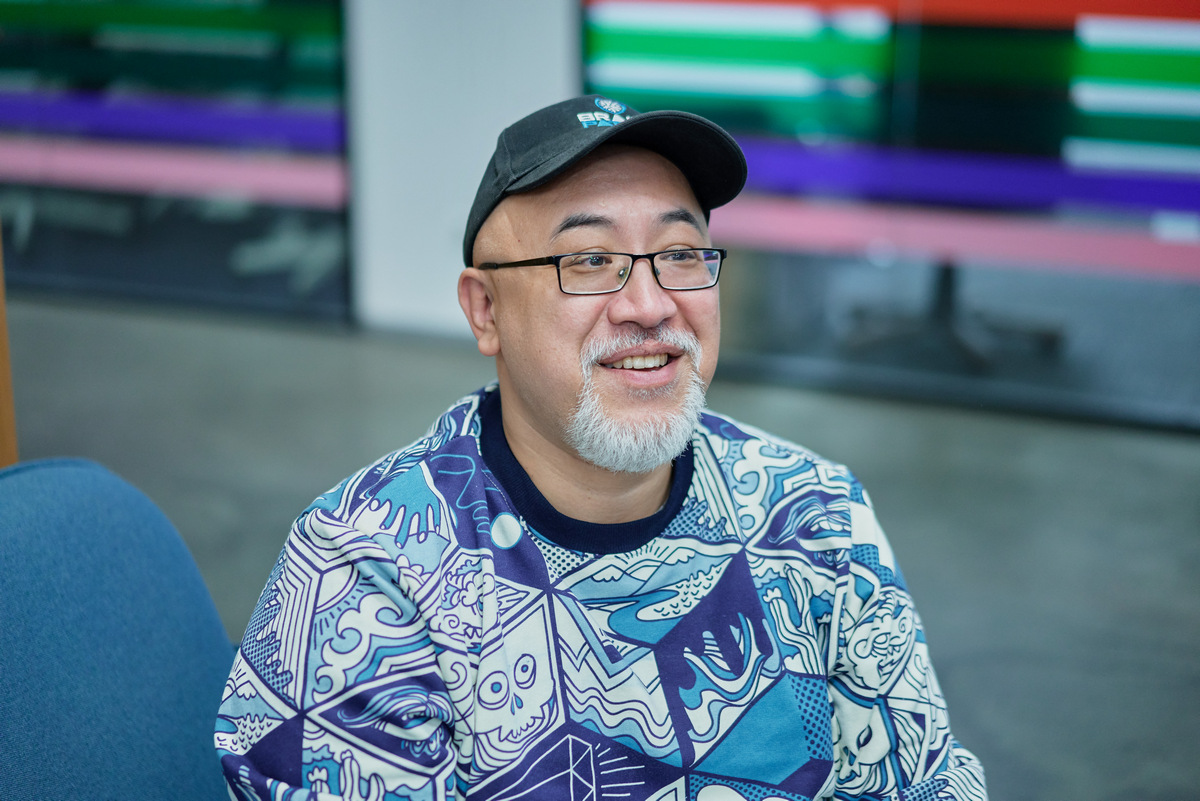
We then patented the technology: at the moment, we have seven patent families (the total collection of all patent publications related to a single invention – Digital Business note). At the same time, we started developing a mobile app. Everything was done in-house by our team, led by Nikolai as CEO and our CTO, Yaroslav Sobolevsky. The very first prototype was created using donor headphones. We kept only the casing and installed our own electronics. Now, everything is proprietary: from the hardware to the software.
“We plan to open production in Kazakhstan”
– How does Brain Patch work?
– To use the headphones, you need to install an app on your smartphone. Each user is also provided with individual ear inserts that are placed behind the ear. In the app, you can choose from various meditation programs of different durations. For example, the “digital alcohol” function lasts only 6 seconds, while “electronic meditation” lasts from 25 seconds to 3 minutes.
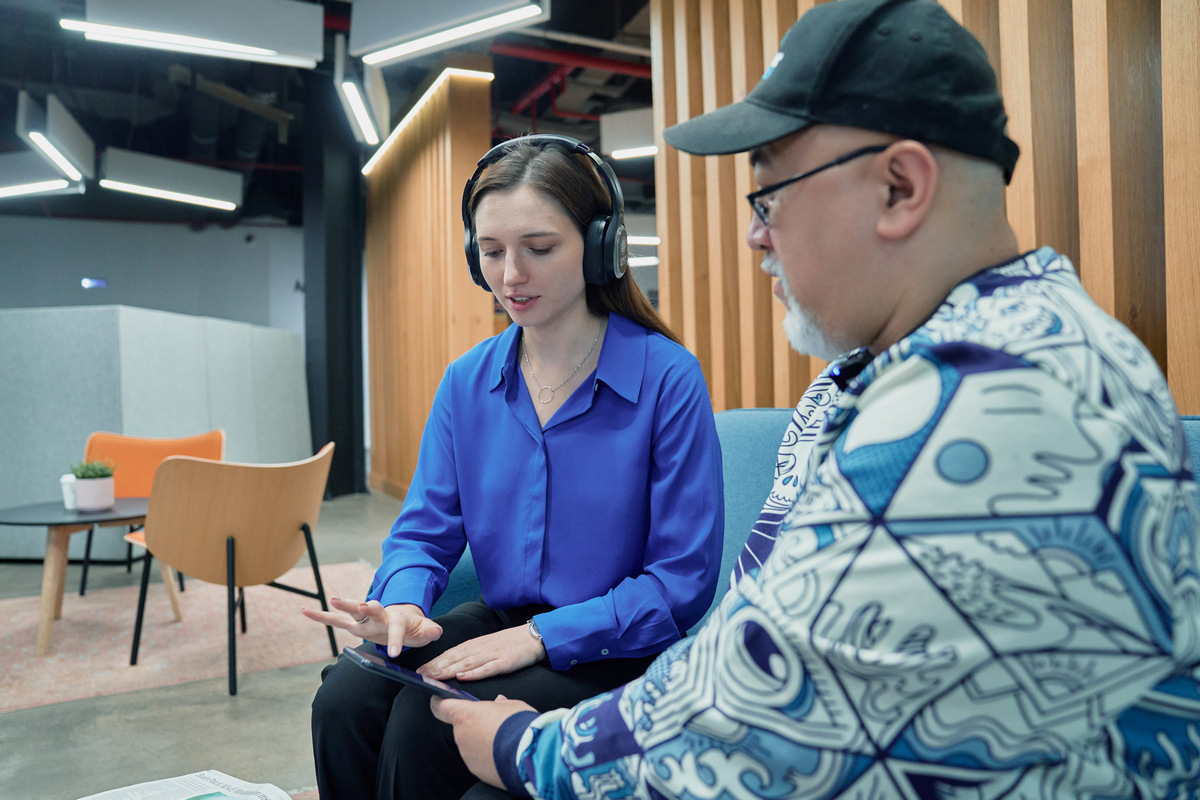
– “Digital alcohol” – that sounds unusual. What exactly is this option?
– In reality, there’s no alcohol involved. For 6 seconds, specific impulses stimulate the nerve endings, creating the sensation as if you’ve had a glass of champagne. As a result, the nervous system relaxes, but you remain sober, and in our opinion, this can actually increase your productivity at work by relieving stress.
– Where did you get the money to develop the project?
– Our first investors were friends, family, and external advisors-consultants. In 2019, we received a grant from the European Union. In 2020, we got a grant from the UK government for £50,000, followed by another £25,000. This summer, we raised £250,000, and the company is now valued at $10.5 million.
In 2021, Neuromotion Ventures, a strategic investor specializing in neurotechnology in the Netherlands and Germany, became our key investor. This year, Big Sky Capital, a venture fund operating in the USA and Kazakhstan, also joined as an investor.
– Will the project be available in Kazakhstan?
– Of course. In addition to several investors, we recently secured our first licensee in Kazakhstan – a medical technology company based in the capital, Otri. We hope they can integrate our technology into their medical and consumer devices.
We’re also in talks with other local companies. One of them will soon start assembling our neuro-headphones in Almaty. We plan to sell them both within Kazakhstan and to other countries in the region.
In addition, we collaborate with Kazakh universities, such as Al-Farabi Kazakh National University, KBTU, and the Kazakh National Medical University. We provide access to our devices, and researchers conduct studies.
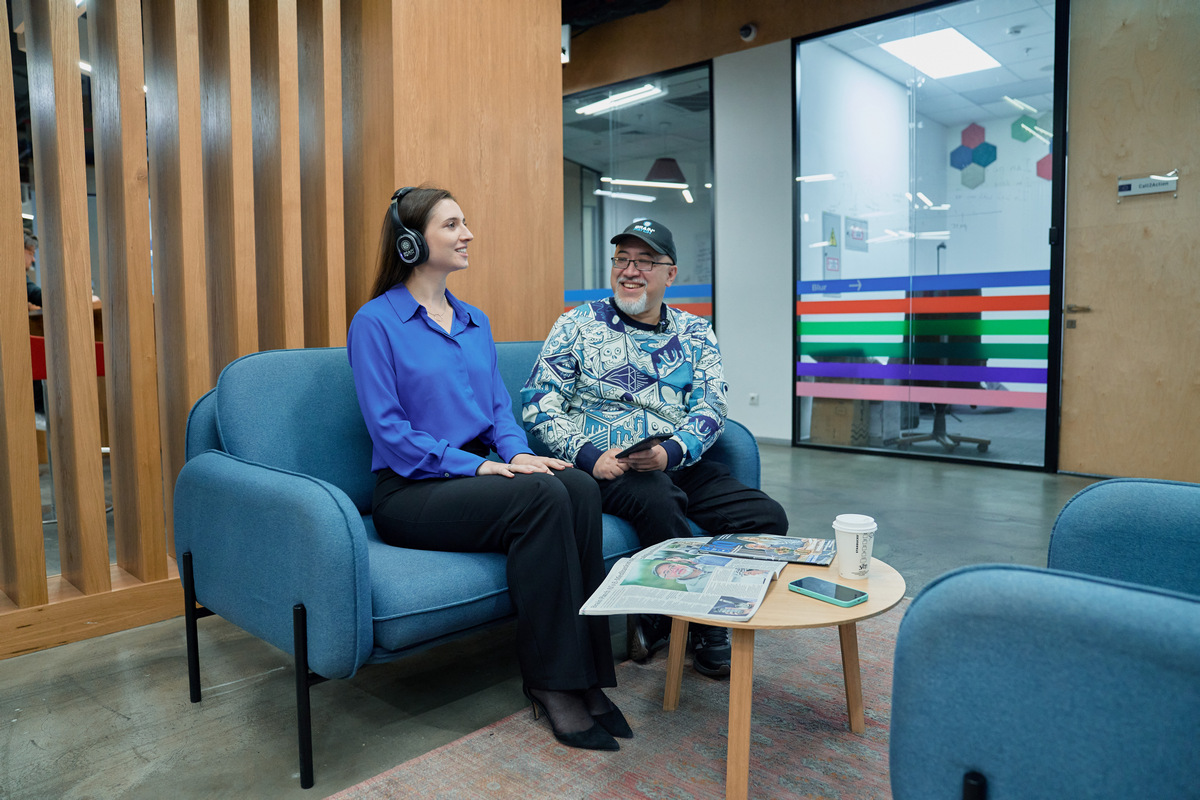
– What are the immediate plans for the project’s development?
– Right now, we’re actively working on setting up mass production in Kazakhstan, Germany, and the UK. The investments we’ve raised will be used for this.
Our global goal is to make sure that Brain Patch devices are in every home and business. We’re building a multibillion-dollar company. At first, we naively thought we could achieve this in five years, but it seems it will take closer to 10. Of course, that’s assuming our startup isn’t acquired by one of the major players, like Meta, Amazon, or Google, next year.
“Some Kazakh startup will definitely become globally known.”
– How do you assess the state of the Kazakh startup market?
– I’ve been watching its progress. In 2015-2016, I brought one of the founders of 500 Startups from Silicon Valley, Dave McClure, to Kazakhstan. At that time, there were about a dozen major startups in our country. Now, there are hundreds, maybe even thousands. During this time, many private and government institutions have been created to support emerging projects. I believe the situation will continue to improve each year. I’m confident that one of Kazakhstan’s products will become globally popular.
– Which Kazakh entrepreneurs do you think could create such a project?
– I have a lot of faith in Arman Suleimenov. I’ve been following his success for almost 10 years and have seen his growth. He may not have launched the startup yet, but he has everything needed to create a world-renowned product.
Also on this list is Bakytzhan Dos, the co-founder and CEO of GoatChat.ai. I remember one of his first products, Blindime—a sort of Chatroulette equivalent. It was an absolutely viral product that, unfortunately, took off too fast and collapsed under the weight of its growing user base. However, now Bakytzhan has every chance of creating something global.
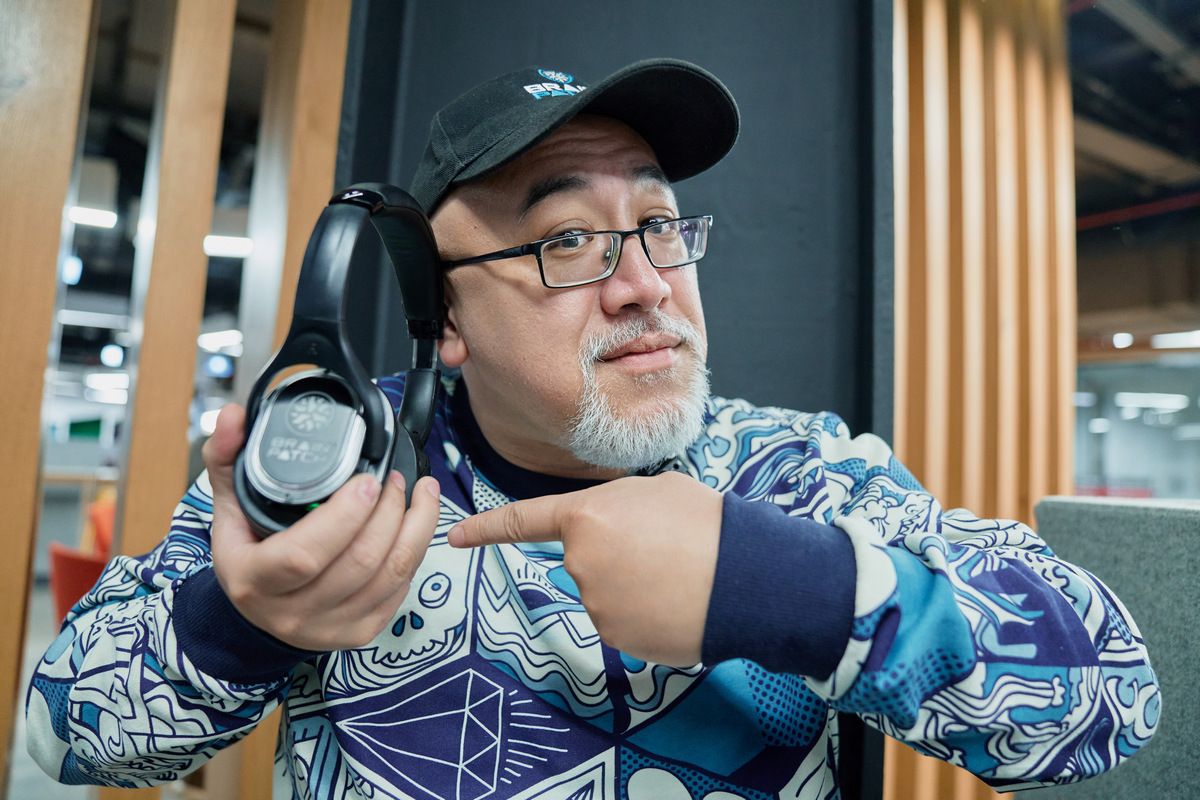
And third, I would probably name… Dauren Toleukhanov. The British don’t usually praise themselves, but I’m confident that our startup also has a chance to make the world a better place.
